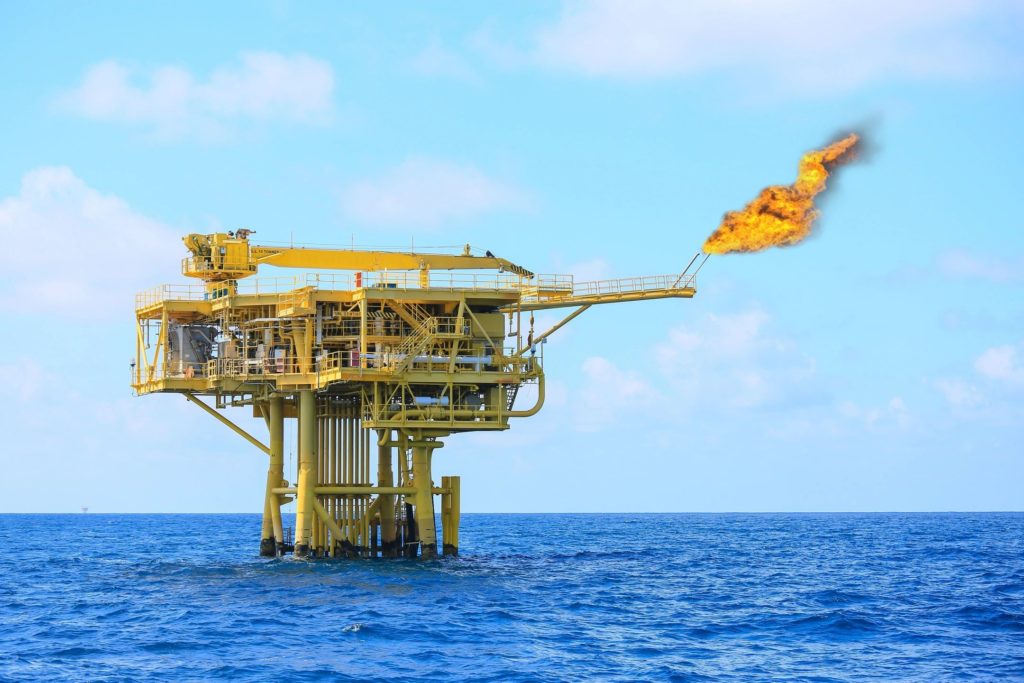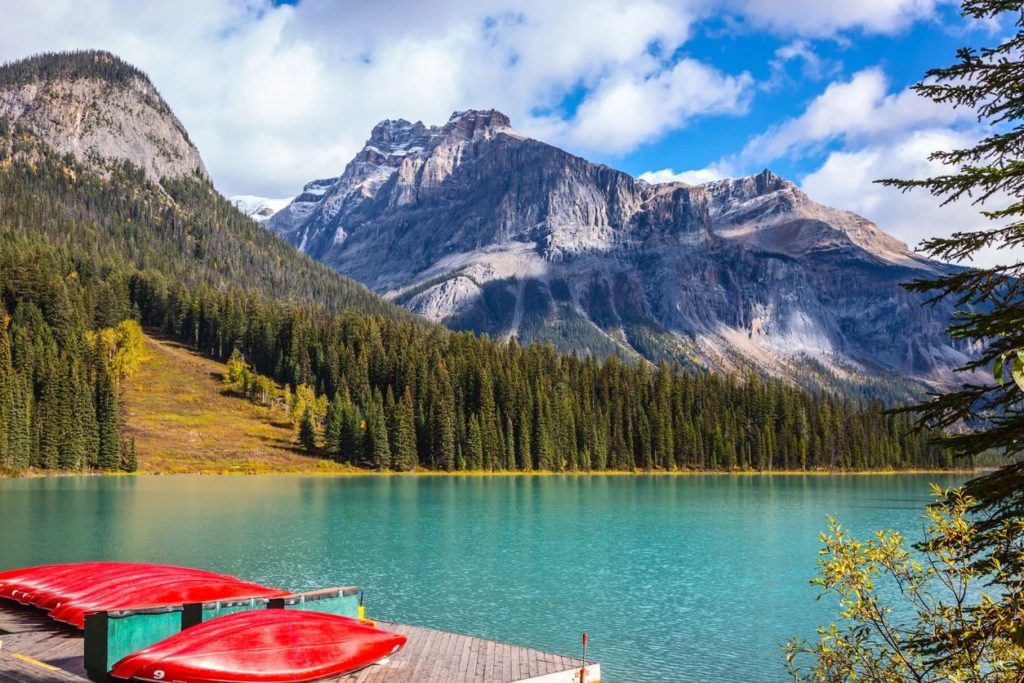Earth Day will be Wednesday April 22, 2020. A day for discussion about out climate, planet health, and ways we can help. There are so many things that need to change from ocean pollution, to greenhouse gases, to littering, and more.
The coal and oil industries have been a target for climate activists. With bad press in the news over the years of oil spills and the air pollution coal produces. With so many other renewable and earth friendlier options out there, there is starting to be a shift in fuel and energy.

JPMorgan Chase has long been the largest funder for fossil fuels even with climate protests. On February 25, 2020 however, JPMorgan Chase announced a number of policies to increase restrictions on global coal funding and to end direct project funding of Arctic oil and gas projects.
A number of climate groups such as Sierra Club, Rainforest Action Group, and World Research Institute have published reports show how JPMorgan Chase has contributed to climate change.
Investor concern for JPMorgan’s inaction on climate has also been increasing. This year, JPMorgan is facing climate-related shareholder proposals, including a resolution from As You Sow requesting that the company measure and reduce its carbon-intensive lending in line with the Paris 1.5 degree goal, as well as a campaign to remove a climate-skeptic from the company’s board.

Danielle Fugere, President of As You Sow, had this to say about the announcement:
“This announcement is a long awaited signal that JPMorgan Chase may be ending its outsized level of fossil fuel financing in the face of growing climate concern. This first step is significant. Funding of new coal, including coal-fired power plants, is incompatible with the goal of maintaining global temperature rises at 1.5 degrees Celsius. Yet, JPMorgan has not agreed to bring its full carbon footprint into alignment with the Paris goal. Until it agrees to do so, it’s fossil fuel funding remains a clear threat to the global goal of avoiding catastrophic warming.
“We appreciate JPMorgan’s announcement of no new project financing in the Arctic. This recognizes the fragility of the Arctic ecosystem, and the importance — to the Gwich’in people, the region’s wildlife, and citizens across the globe — of this unique environment remaining free of oil and gas development.
“Overall, investors applaud JPMorgan’s announcements. As climate change increasingly impacts the economy, investors are asking their companies to take greater responsibility for transitioning their businesses to thrive in a low-carbon economy. JPMorgan Chase is a lynchpin in that transition.
“Having taken this first important step, investors are looking to JPMorgan to rapidly transition the full range of its fossil fuel financing, including oil and gas, in line with Paris goals.”
Lila Holzman, Energy Program Manager of As You Sow, had this to say about the announcement:
“Given JPMorgan itself has warned of the unacceptable risks associated with a warming climate, we are pleased to see the company take this important step. Limiting coal and Arctic drilling are win-win commitments for the company, investors, and the planet.
“JPMorgan’s outsized impact on the climate crisis enables it to position itself as a leader in this space. As BlackRock and other financial institutions are beginning to step up to the climate challenge, we hope such signals will spur a fundamental transition to a Paris-aligned economy.”

Personally, I feel a sense of hope when I hear about a bank that has lent more money to fossil fuel companies than any other bank, has decided to finally take action. This isn’t about politics, money, or anything else. Climate change effects everyone and future generations.
For more information on As You Sow’s work on climate change, click here.

